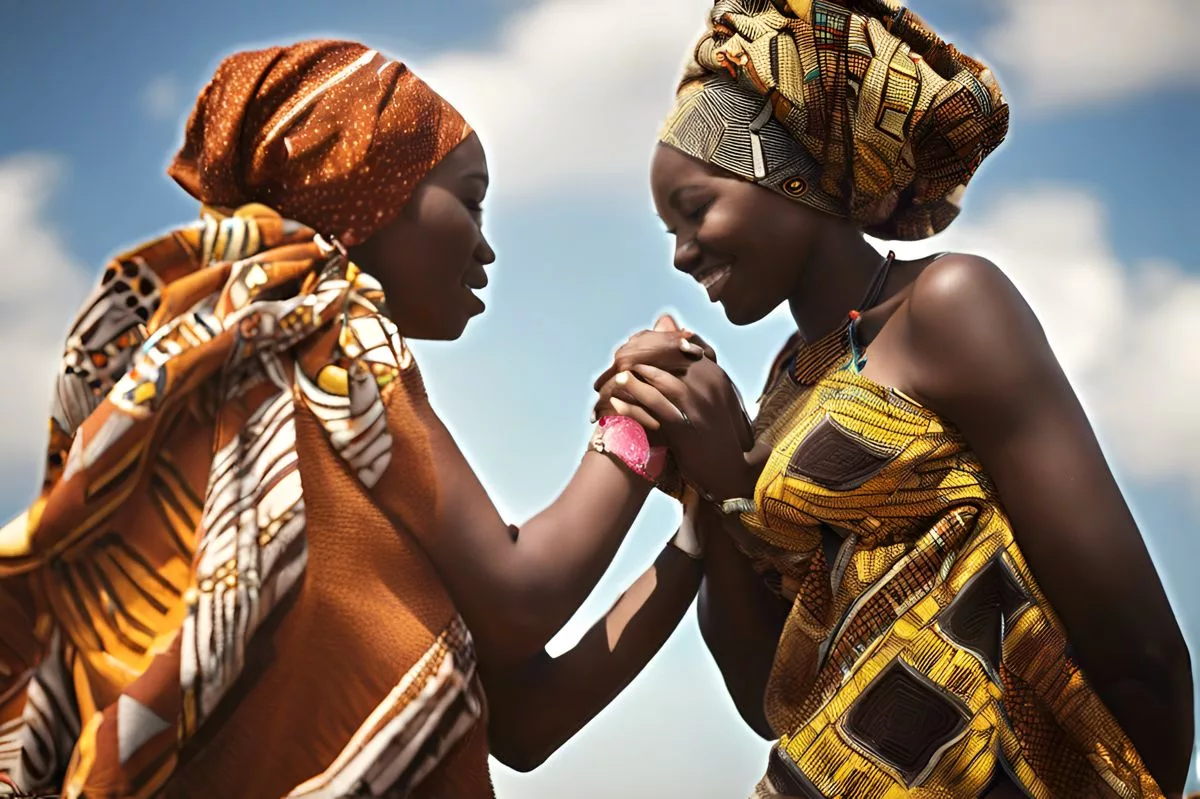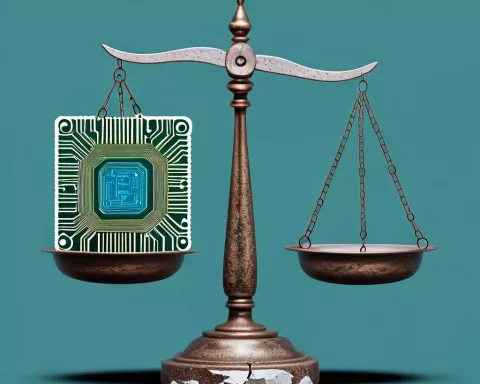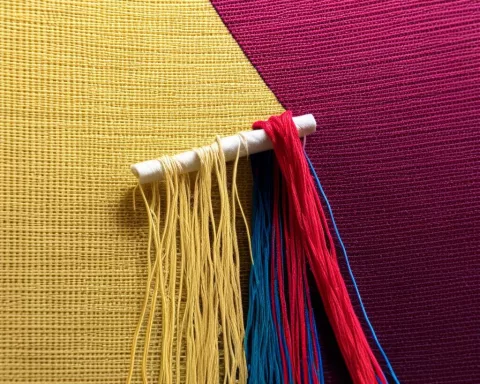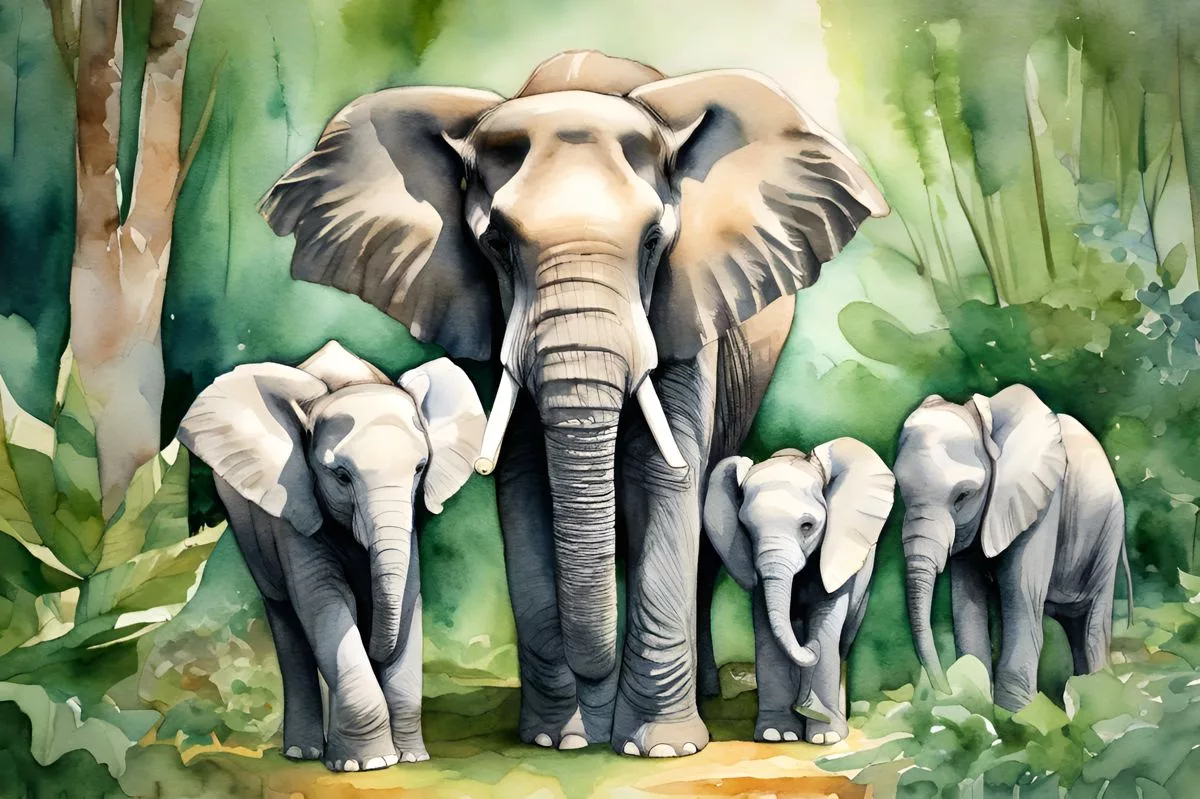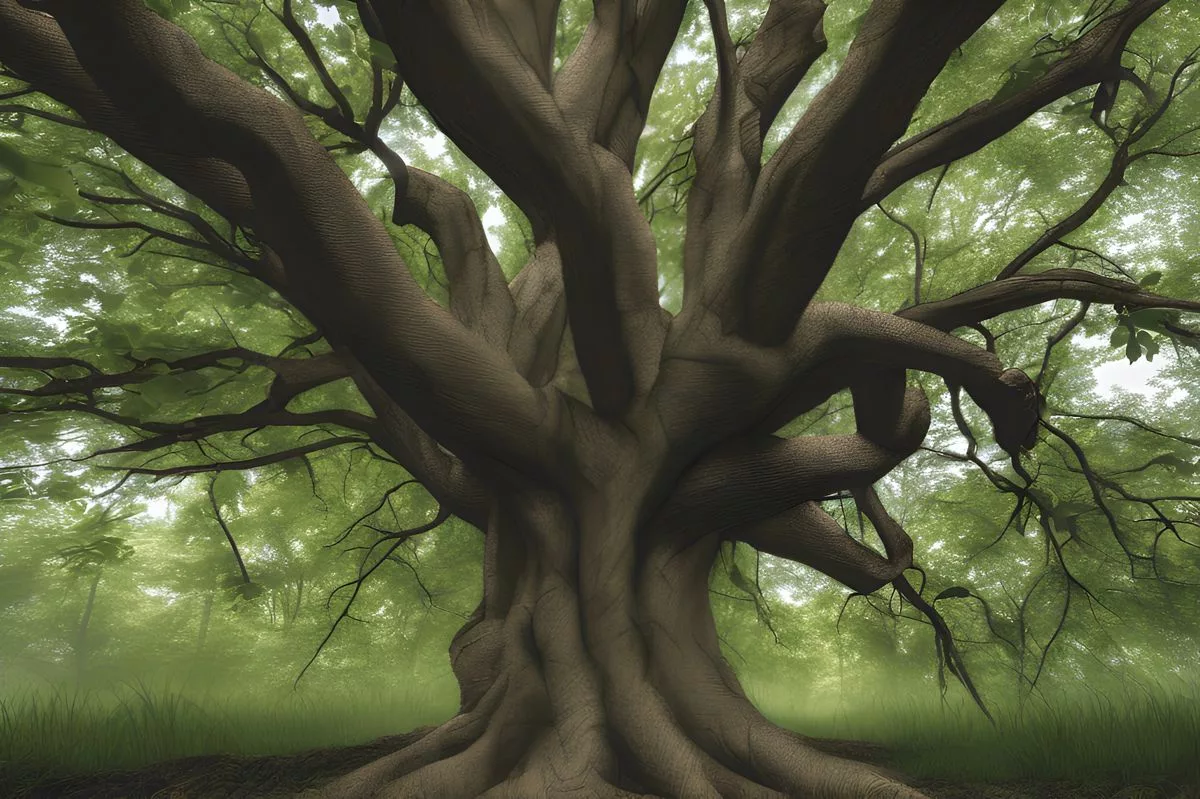The 2024 Forbes Woman Africa Awards celebrated women’s achievements in various industries, coinciding with International Women’s Day celebrations and emphasizing sustained dedication to gender parity. Minister Maropene Ramokgopa highlighted the historical roots of gender equality in Africa, advocated for progress and protection against gender-based violence, and emphasized the necessity of women’s economic empowerment and education. The event was attended by esteemed personalities and was an evening of empowerment, with a focus on the need to sustain progress towards gender equality.
What were the 2024 Forbes Woman Africa Awards and why were they celebrated?
The 2024 Forbes Woman Africa Awards celebrated women’s achievements and influence across various industries. The event coincided with International Women’s Day celebrations and emphasized sustained dedication towards gender parity. Minister Maropene Ramokgopa highlighted the historical roots of gender equality in Africa, advocated for progress and protection against gender-based violence, and emphasized the necessity of women’s economic empowerment and education.
An Evening of Empowerment
A memorable night unfurled as visionaries across various industries congregated to commemorate women’s far-reaching influence at the 2024 Forbes Woman Africa Awards. The event was adorned by the presence of esteemed personalities like Sid Wahi, Graca Machel, Humile Mashatile, and Roberta Naicker, among others.
In the midst of this influential gathering stood Minister Maropene Ramokgopa, articulating her deep respect for the women surrounding her, their varied achievements, and the collective power they represent. The atmosphere was abuzz with the prospect of transformation, palpable in the attendees’ radiant smiles and silent resilience – women who have broken through barriers and continue to pave the way with bold leadership.
The awards ceremony coincided with the International Women’s Day celebrations, which observed its 47th year of official acknowledgement by the United Nations. The slogan, “Invest in women: Accelerate progress,” reinforced the necessity of sustained dedication throughout diverse societal sectors – finance, politics, social, and institutional – towards the upliftment of women.
Gender Equality and Its Historical Roots
Drawing upon the rich heritage of the African continent, Minister Ramokgopa praised women’s invaluable contributions to liberation and progress. She invoked celebrated leaders like Charlotte Mannya Maxeke, Ellen Johnson Sirleaf, Wangari Maathai, Graça Machel, and Ngozi Okonjo-Iweala as sources of motivation whose legacies continue to command respect.
In 2024, African women stand at the threshold of hard-fought victories, symbolizing advancements in human rights. However, Minister Ramokgopa underscored the critical need to sustain the momentum and heighten the demand for gender parity.
South Africa, observing 30 years as a democratic nation, has positioned gender equality as the foundational principle for consolidating democracy. The Minister emphasized the impact of the Women’s Charter of 1954 and 1994, which has shaped the country’s Constitution, specifically its Equality Clause. This has ignited numerous initiatives directed towards women’s liberation and empowerment.
Advocating for Progress and Protection
Further, Minister Ramokgopa commended the growing connectivity across Africa through artistic expressions, stating that it creates avenues for addressing women’s concerns. She applauded women like Tyla, Elsa Majimbo, Bonang Matheba, and Chimamanda Ngozi Adichie, who have attained international acclaim, thereby propelling Africa’s cultural Renaissance.
Indeed, liberty and safety remain critical to gender equality. Calling on all African governments, Minister Ramokgopa urged them to escalate efforts to combat Gender-Based Violence and Femicide (GBVF), promoting the safeguarding of women, children, and susceptible groups.
She also underscored the necessity of women’s economic empowerment, which forms the bedrock of women’s liberation and the realization of a gender-neutral society. The South African government has initiated targeted assistance and measures to expedite women’s enduring participation in the economy.
Education and the Path to Gender Equality
Turning her attention towards education, she brought up the African Union’s theme for 2024: “The Year of Education – Educate an African fit for the 21st Century.” Minister Ramokgopa accentuated that girls and young women are spearheading educational advancements in Africa, representing a major victory in the pursuit of gender equality.
In conclusion, Minister Ramokgopa motivated the attendees to remain steadfast in their support for gender equality and persist in their contributions to Africa’s growth. While the journey ahead may seem daunting, with the combined efforts of catalysts across the continent, the dream of a gender-balanced Africa is within our grasp.
What was the slogan for International Women’s Day in 2024?
The slogan for International Women’s Day in 2024 was “Invest in women: Accelerate progress.”
Who were some of the esteemed personalities in attendance at the 2024 Forbes Woman Africa Awards?
Some of the esteemed personalities in attendance at the 2024 Forbes Woman Africa Awards included Sid Wahi, Graca Machel, Humile Mashatile, and Roberta Naicker.
What historical roots of gender equality in Africa were highlighted at the event?
Minister Maropene Ramokgopa highlighted the invaluable contributions of women to liberation and progress, invoking celebrated leaders like Charlotte Mannya Maxeke, Ellen Johnson Sirleaf, Wangari Maathai, Graça Machel, and Ngozi Okonjo-Iweala as sources of motivation whose legacies continue to command respect.
What were some of the critical issues advocated for at the event?
Minister Ramokgopa advocated for progress and protection against gender-based violence, emphasized the necessity of women’s economic empowerment and education, and commended the growing connectivity across Africa through artistic expressions.
How has South Africa positioned gender equality as a foundational principle for consolidating democracy?
South Africa has positioned gender equality as the foundational principle for consolidating democracy by instituting the Women’s Charter of 1954 and 1994, which has shaped the country’s Constitution, specifically its Equality Clause. This has ignited numerous initiatives directed towards women’s liberation and empowerment.
What was the African Union’s theme for 2024 and how did it relate to gender equality?
The African Union’s theme for 2024 was “The Year of Education – Educate an African fit for the 21st Century.” Minister Ramokgopa accentuated that girls and young women are spearheading educational advancements in Africa, representing a major victory in the pursuit of gender equality.

